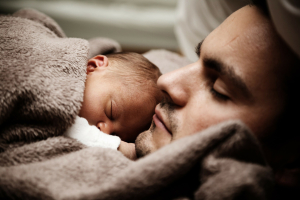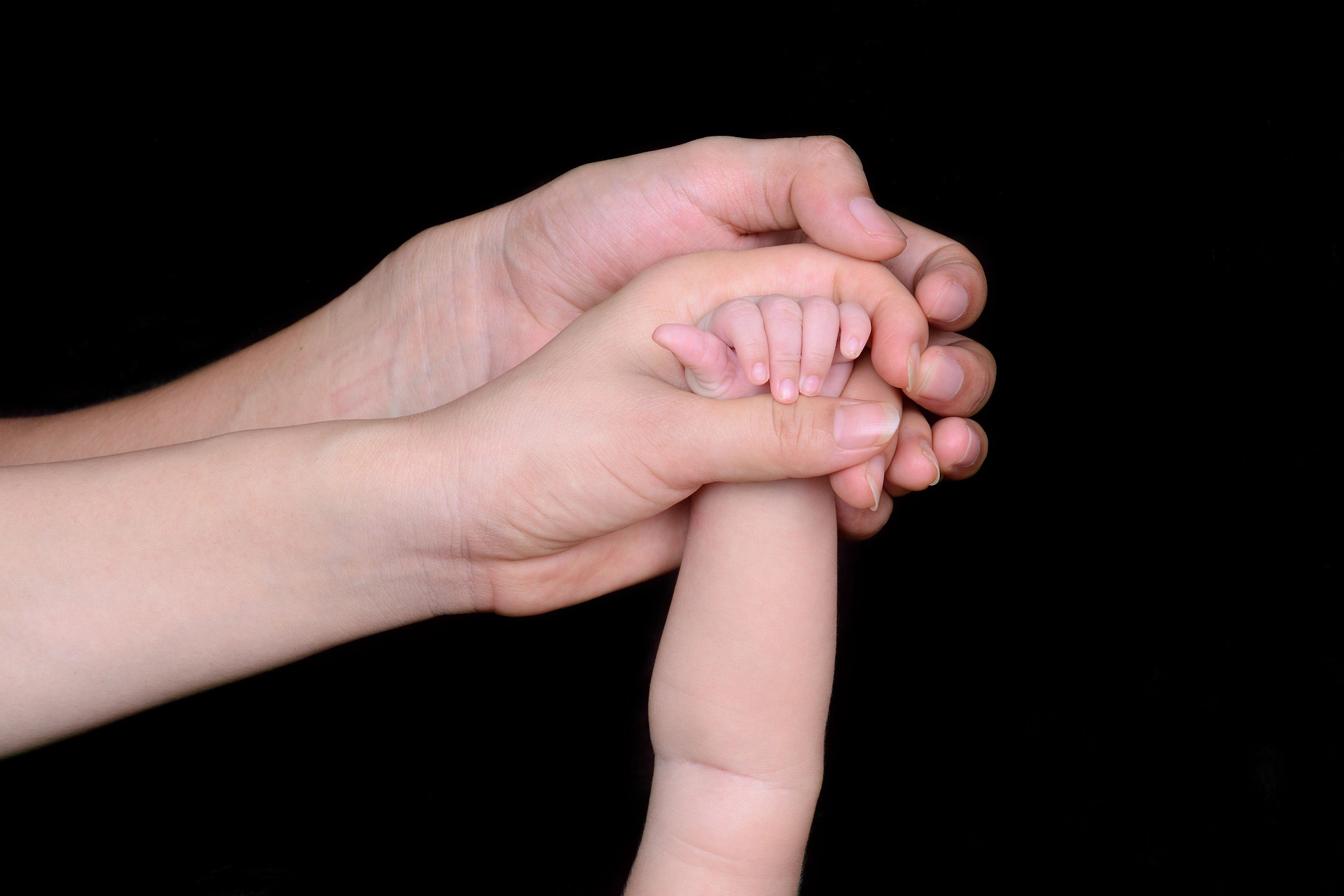A poem by J.C about her experience as a child.
My first steps
I stood there teetering, so proud,
ecstatic as a baby bird learning it could fly.
When I looked back, my smile about to
break my face, I couldn’t find you.
Mommy, where were you?
My first day of school
boarded onto that noisy, clackety bus
going to a strange place
kids crowding, adults peering,
the whole world new to me.
Mommy, where were you?
The first time I came home crying
the butt of children’s laughter,
their words still stinging in my head,
I would have liked some consolation
but you were silent.
You are there in old photographs
but in my memories, you are missing.
I don’t remember cuddling or being comforted
no special moments, just the two of us
I don’t remember your smell or the feel of your touch.
I remember the colour of your eyes
and the pain deep inside them
the pain usually hidden, like so much else,
beneath the mask I couldn’t get behind.
You looked but didn’t see me.
Your warmth never reached my little girl’s heart.
Why did we miss each other, Mommy?
Where were you?
Was it because of me?
J.C
 There can be many reasons why parents shut off from their children; they could be suffering from on-going mental health problems from before the birth of their child, post-natal depression or they had learned parenting skills from their own parents, who maybe didn’t show them affection.
There can be many reasons why parents shut off from their children; they could be suffering from on-going mental health problems from before the birth of their child, post-natal depression or they had learned parenting skills from their own parents, who maybe didn’t show them affection.
Having a secure attachment with our primary caregiver, is a very important part of a child’s development process. How we are put together, how we see ourselves, our sense of self-esteem, and our unconscious beliefs about relationships are all strongly imprinted by our parents. They provide the basic building blocks for our belief system.
If something goes amiss in our developmental years, where we don’t feel the love or security we need to thrive, it affects our self-esteem, we start blaming ourselves. As you can see from the poem, in the last line she asks, was it because of me? Children are the centre of their own worlds, if they are not receiving the affection and attention they need, they will start to think that it’s their fault. This then gives rise to behaviours that children establish to receive the attention they crave. If they get parents’ attention by acting out, this is what they will do. To them negative attention is still attention.
Starting a family can be a milestone in an individual’s life. It’s natural to be anxious and scared, after all your whole life has changed with the arrival of your little one. It’s when parents start distancing themselves from children to save them from the fears, pain and anxieties they are experiencing, that children start to develop behaviours that allow them to cope.
- Some children take on more responsibility than normal such as looking after their siblings, looking out for their parents.
- Some children become self-reliant, completely eliminating the need to depend emotionally on anyone.
- Some children withdraw into themselves, blaming themselves and questioning their self-worth.
- And other children become very insecure and anxious. They want to feel loved and looked after so they develop behaviours of helplessness.
There is a constant pressure on parents to ‘do good’ by their children, and there is no doubt that all parents do the best they can, but if they are not looking after their own mental health and needs, then it becomes increasingly difficult to look after their child’s mental health and needs.
The term ‘traditional family unit’ is evolving, it no longer means what it meant 20 years ago. However the values of a traditional family unit have not evolved; the love, support and guidance we need are still strong characteristics of a family unit. And if trust each other and lean on each other on the days we find difficult, and keep our hearts open, then we may find that our children will also learn to trust and keep their hearts open.


Leave a Reply